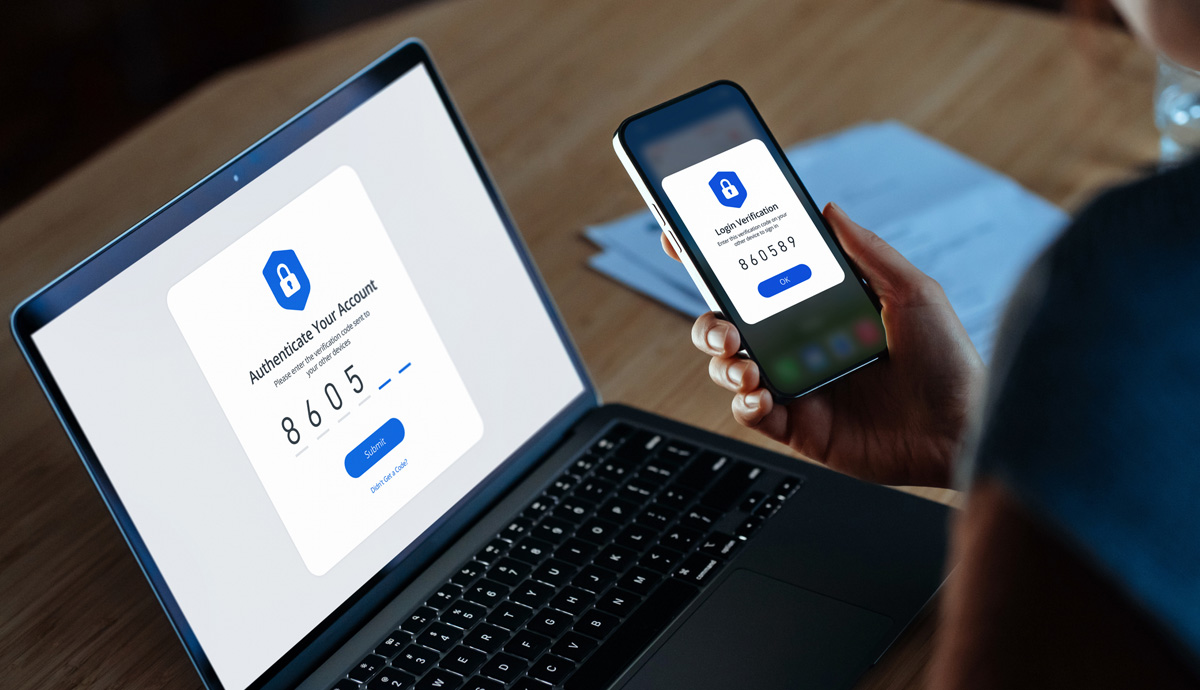Top 10 Digital Skills You Need to Succeed
Stay employable by making sure you’re up to date.

If you’re over 50, you know how much work has changed. Especially the technology you use to do your job.
Research indicates that the ability to understand and work confidently with technology will be crucial to staying employed. AARP Foundation has been helping people secure the essentials — including job search training — for more than 60 years.
Here are the top 10 digital skills we think you should focus on to remain in the workforce as long as you want.
Being Digitally Literate
No matter what job you have, you’ll need to work within a program or on a device that may not have been around when you started out. Being able to use software programs, navigate online platforms, and stay up-to-date with the latest digital developments is a must-have skill. Employers will expect you already know how to use a computer and search the internet with ease, and depending on the role, there may be training to learn how to use software programs on other devices as well.
Being Data Literate
Taking digital literacy one step further, having the ability to read, work with, and analyze data is an in-demand skill. That’s because all areas of a business — marketing, sales, human resources, or project management — are using data to make critical decisions every day. Even a customer service job depends on data — for example, you may be told to personalize the service you offer based on information collected about your customers.
Collaborating Remotely
Knowing efficient ways to communicate and work together as a team, no matter where your co-workers are located, is the key to keeping productivity high these days. You’ll be expected to be familiar with teleconferencing tools like Zoom, Google Meet, or Skype. Just like in-person meetings, online meetings require you to appear professional. Familiarizing yourself with how to use the platform and having a professional looking background are two ways to ensure you make a good impression.
Communicating Online
Naturally, phone and email are still around, but today’s teams use online messaging applications and video conferencing tools on a daily basis to communicate with their colleagues. In addition to the teleconferencing tools listed above, be sure you understand how and where to send important communications. Slack, Microsoft Teams, and GoogleChat are some of the more popular platforms.
Staying Safe Online
Cybersecurity is everyone’s job these days. At work, you’ll be expected to protect company data and devices from hackers by following company protocols. You may be asked to complete digital security training so you know what to watch out for. And if any devices given to you by an employer are used outside the office, it’s a good idea to stay off public WiFi.
Creating and Editing Spreadsheets
Data analysis is becoming more important to every kind of business. Even if you’re not the one doing the analyzing, many employers expect you to know how to perform basic data entry, formatting, and calculation tasks in some sort of spreadsheet. Knowing the basics for Microsoft Excel or Google Sheets will set you up for success on this front.
Making Digital Presentations
No matter your role, you may be asked to create slide decks in presentation tools like PowerPoint or Keynote. If the idea of creating slides makes you nervous, remember to keep it simple. Choose a pre-designed template to minimize design headaches, and use as few words as possible on each slide.
Managing Projects With Digital Tools
With more people than ever performing work online, project management tools like Trello, Asana, Basecamp, Smartsheet, and Monday have become essential to knowing what tasks you’ve been assigned and letting your team know you’ve completed them. Instead of emailing a manager that you’ve completed an assignment, it’s far more likely that you’d let them know through one of these handy tools.
Managing Online Docs
Lots of jobs require you to not only create and edit documents in Microsoft Word or Google Docs, they expect you to use a digital filing system like OneDrive or Drive. To do so, you will need to feel confident using a variety of applications to enter and edit text, numbers and graphics, and save and organize these in your computer files.
Handling Financial Tasks Digitally
You’ve probably noticed that hardly any businesses use checks anymore — banking has gone digital too. If you’re looking for roles in accounting, payroll, or bookkeeping, at a minimum, you’ll need to understand how to carry out digital transactions like paying invoices online.
Bottom Line? With technology and jobs changing so rapidly, being a lifelong learner is essential. Employers want employees who are willing to learn new skills and adapt to new technologies and work environments. Being open to learning makes you an attractive job candidate.

Build Your Confidence with How-To Videos
Explore step-by-step videos and how-tos created to help you build the skills and confidence to navigate the evolving technology landscape.
Watch Now